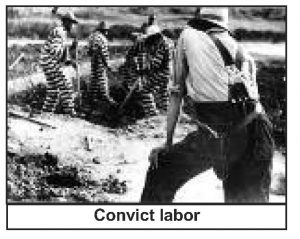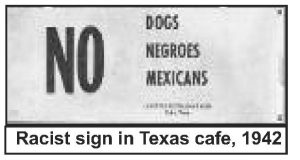
In the summer of 2016, two years after the murders of Michael Brown in Ferguson MO and Ezell Ford in Los Angeles, workers around the world poured out in outraged protest against the racist killings of black workers Alton Sterling in Baton Rouge, LA, and Philando Castile in Falcon Heights, MN.
US cops have killed hundreds of unarmed men and women in the interval. While most of them were white, black people are more than twice as likely to be killed by the cops than whites, closely followed by Native Americans and Latino/as. Racism, by intensifying attacks on black, Latino/a, and Native American workers, cheapens the lives of all workers.
Racist murders continue in spite of mass protests and hashtag activism, databases tracking police killings, White House conferences, and police body cameras. Reform movements call for special prosecutors, but even when killer cops are brought to trial, as in the case of the murderers of Freddie Gray in Baltimore, they get off. Anger and frustration mounts, and lone gunmen have begun to target cops.
Capitalism is based on exploitation. That’s why it needs racism. It has various forms: slavery, lynching, Jim Crow and police terror. We can only end it by ending wage slavery. That’s why we must mobilize the masses for communism—a system without wage slavery, bosses, borders or cops. We can begin now with political strikes demanding: “End Racist Police Terror by Mobilizing the Masses for Communism!”
Throughout the history of the Americas, the genocide and enslavement of indigenous people and kidnapped Africans formed the material basis of capitalism. But it was particularly harsh in what became the US. Slave codes, beginning in the 1660s, forcibly separated black and white indentured servants, making Africans and their children slaves for life.
Slavery and its expansion were crucial to the development of US capitalism. Modern policing grew out of the slave patrols that hunted down runaways.
It took a bloody Civil War to eliminate chattel slavery in the US in 1865. But the end of chattel slavery led to debt peonage and the penitentiary system.

As capitalism was consolidated in the US South, a brutal system of segregation was put into effect. Jim Crow laws, enforced through state and vigilante terror, rigidly separated blacks and whites.
Urban police forces grew out of the private patrols hired by the capitalists to violently crush strikes against wage slavery. Federal housing policies (both during the New Deal and the post-World War II GI Bill) kept neighborhoods and schools segregated throughout the US. Cops enforced the segregation that kept black workers in the north stuck in the most exploited industrial jobs.
The Civil Rights movement of the 1950s and 1960s eliminated Jim Crow laws. But intensified inter-imperialist rivalry pushed the US bosses to seek super-profits in countries where intense racism forces workers to toil for starvation wages. Most of the blue-collar jobs that allowed black workers in the US to support their families were shifted overseas in the 1970s and 1980s. The War on Drugs and massive prison construction have led to a new Jim Crow. Black workers have been criminalized and subjected to intensified racism.
Back to Racism Topic List


